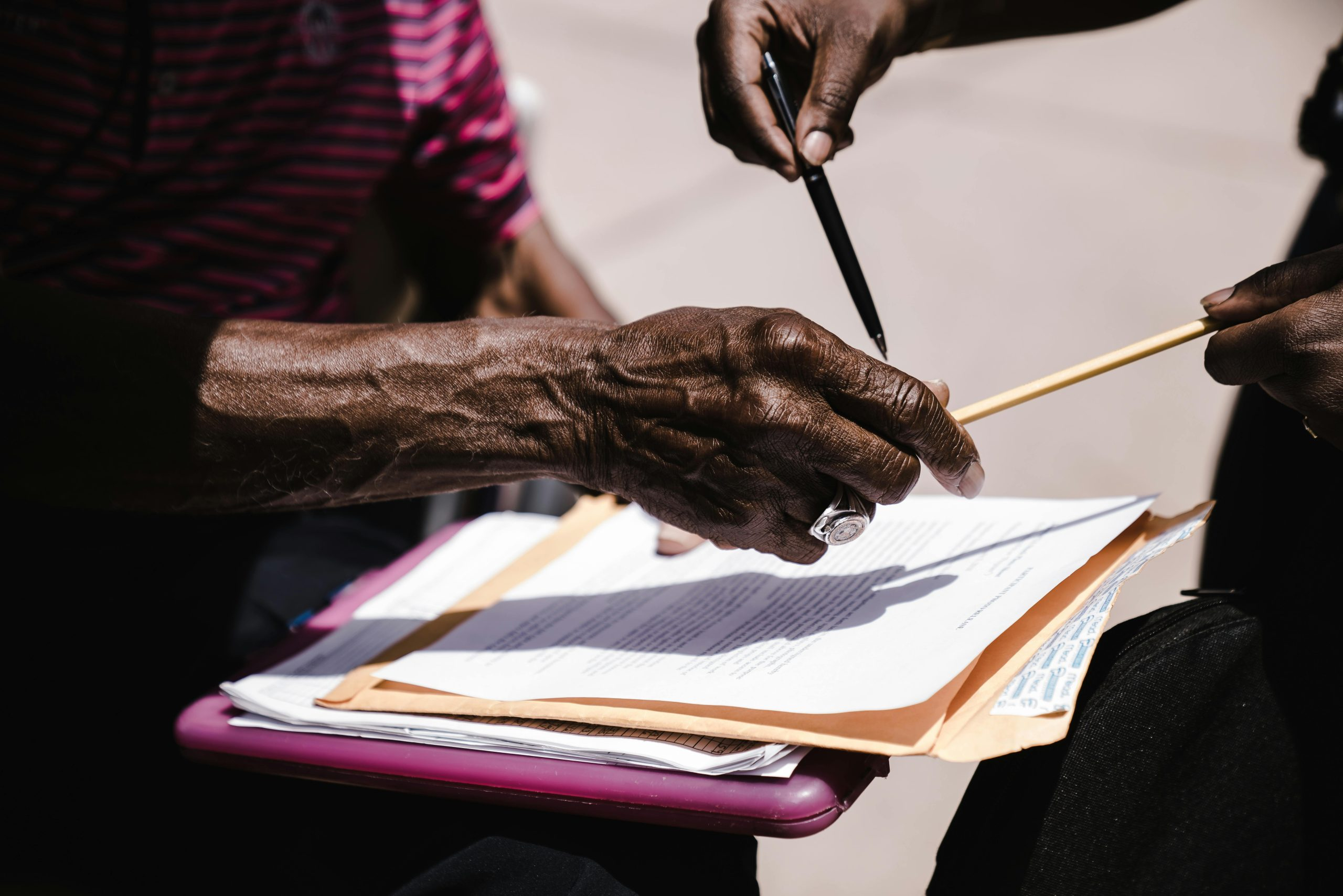The Financial Commitment of Owning a Rental Property
The decision to become a landlord and invest in rental property can come with many benefits. It allows you to generate passive income, create long-term wealth, and diversify your investment portfolio. However, owning a rental property also requires a significant financial commitment. From purchase and maintenance costs to taxes and unforeseen expenses, being a landlord is not a decision to be taken lightly. In this article, we will explore the financial commitment of owning a rental property and help you determine if it is the right investment for you.
Understanding the Costs of Purchasing a Rental Property
The first financial commitment that comes with owning a rental property is the initial purchase cost. Depending on the location and type of property, this can range from a few thousand dollars for a small condo to hundreds of thousands for a multi-unit building. In addition to the down payment, there are also closing costs, such as appraisal, inspection, and legal fees, that can add up quickly. It is important to have a thorough understanding of these costs and budget accordingly.
Financing Options
Another important factor to consider when purchasing a rental property is how you will finance it. If you have enough cash to cover the cost, that is ideal. However, many investors choose to take out a mortgage to finance their property. Keep in mind that lenders generally have stricter requirements for investment properties, and you may need a higher down payment and a higher credit score to qualify for a loan. It is crucial to thoroughly research and compare different financing options to find the best fit for your financial situation.
Additional Expenses to Consider
Aside from the purchase and financing costs, owning a rental property also comes with ongoing expenses that need to be factored into your budget. These can include property taxes, insurance, utilities, and maintenance fees. It is important to plan for these expenses so you can ensure that your rental property is profitable. Additionally, keep in mind that these costs can increase over time, so it is essential to regularly review and adjust your budget accordingly.
The Importance of Cash Flow Analysis
One of the most crucial steps in determining the financial commitment of owning a rental property is performing a cash flow analysis. This involves calculating the potential income from your rental property and subtracting all expenses to see if the property will generate positive cash flow. It is essential to be realistic about the potential rental income and include all expenses, such as vacancies, repairs, and management fees. A positive cash flow is crucial as it ensures a steady stream of income and allows for budgeting for future expenses and unexpected costs.
The Role of Taxes
Taxes are an important consideration when it comes to owning a rental property. Rental income is taxable, and depending on your tax bracket and location, this can significantly affect your cash flow. On the other hand, rental property owners can also benefit from tax deductions, such as mortgage interest, property taxes, and certain repairs and maintenance costs. It is essential to consult with a tax professional to understand the tax implications of owning a rental property and how to optimize your tax strategy.
Unforeseen Expenses and Managing Risk
Owning a rental property also comes with risks and potential unforeseen expenses. Damage from natural disasters, tenant disputes, and unexpected repairs can all affect your bottom line. While it is impossible to predict and prevent all potential risks, it is important to have a contingency plan in place. This can include having a reserve fund for unexpected costs and ensuring you have proper insurance coverage for your property.
The Role of a Property Manager
Another way to manage risk and reduce the financial commitment of owning a rental property is by hiring a property manager. Property managers can handle day-to-day operations, such as finding and screening tenants, collecting rent, and handling maintenance requests. While they do come at a cost, property managers can save you time and stress, and their expertise can be invaluable in avoiding potential risks and maximizing your rental income.
Conclusion
Owning a rental property can be a lucrative investment, but it is not without its financial commitments. Before taking the plunge, it is crucial to thoroughly assess the costs of purchasing and maintaining a rental property and understand the potential risks and challenges along the way. By performing a thorough cash flow analysis, being realistic about potential rental income, and having a contingency plan in place, you can ensure that owning a rental property is a worthwhile investment for your financial goals.










